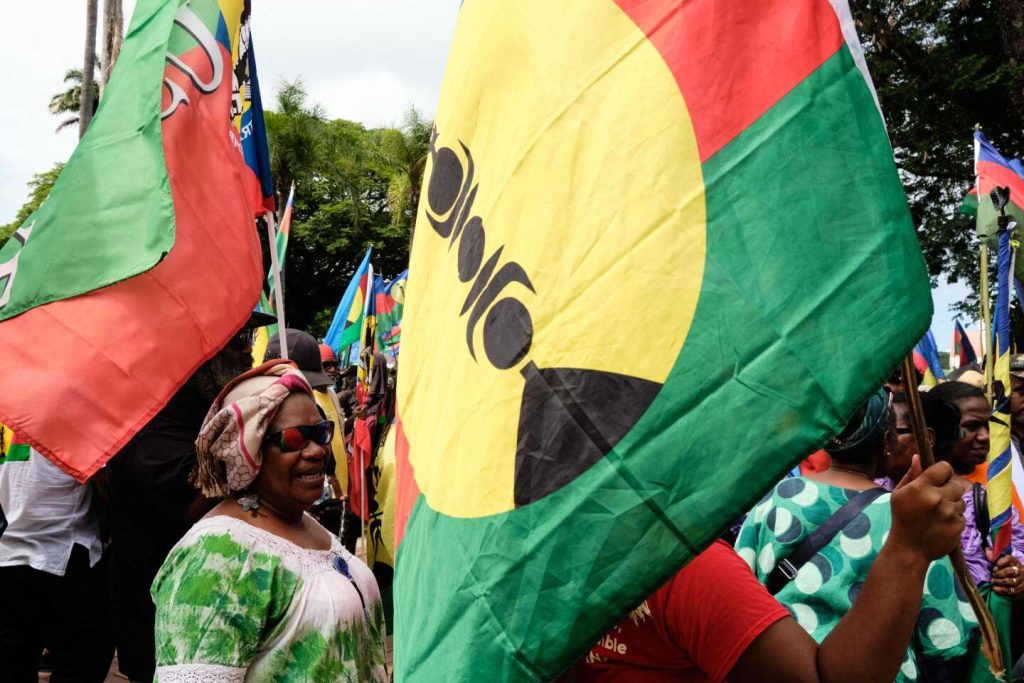On April 26 and 27, the customary world gathers in Nouméa for the Assembly of the Kanak People, ten years after the proclamation of the Kanak People’s Charter. Discussions will focus on the role of the customary Senate, the Councils of each area, and the challenges related to the recognition of the indigenous people. This recognition, enshrined in the Constitution, remains a point of contention twenty-six years after the signing of the Nouméa Accord. The Accord, a significant breakthrough, created an exception to the principle of national unity in France by recognizing the Kanak people in 1998.
Mahé Gowe, president of the commission responsible for relations with customary structures and authorities of the Senate, believes that the Kanak people may not fully appreciate the significance of the Nouméa Accord. This agreement granted the Kanak people rights and recognition in the French Constitution, marking a historic milestone in their struggles dating back to the colonization in 1853. Today, these achievements are perceived to be under threat by the customary leaders, leading to concerns about the future of the Kanak people’s rights.
In addition to representation within institutions, the decolonization agreement granted the Kanak people specific rights to ancestral land that was extensively taken during colonization, as well as provisions to acknowledge their cultural identity. However, recent political statements contradicting the provisions of the Nouméa Accord have caused tension and anger among the Kanak people. To address these concerns and seek a new political agreement, the customary representatives propose a large discussion, based on the “declaration of the Kanak people” that will be proclaimed on Saturday.
A state-commissioned evaluation of the Nouméa Accord, set to be delivered in May 2023, will assess the numerous innovations aimed at guiding New Caledonia towards its emancipation. Despite the implementation of the majority of planned measures, the customary senators feel that there are still unresolved issues. This is a key reason for organizing the two-day Assembly of the Kanak People, inviting all communities to participate. The progress made in the Accord has not fulfilled the expectations of the customary Senate, especially regarding land reforms, which some perceive as incomplete despite official claims of success.
For the customary Senate, which often feels marginalized and unheard, the assessment of the Accord is disappointing on many fronts. This sentiment is particularly evident in the land reform process, which some believe has been finalized when there is still work to be done. In a 2021 edition of the Courrier du Parlement dedicated to New Caledonia, the director of the agency responsible for land reform stated that there is much left to accomplish. The discontent and concerns raised by the customary leaders highlight the ongoing challenges and complexities in the process of recognizing and supporting the rights of the Kanak people in New Caledonia.


